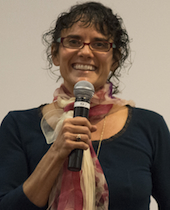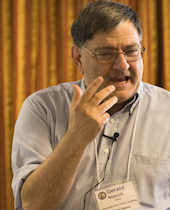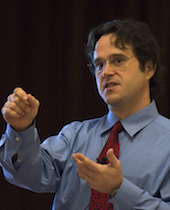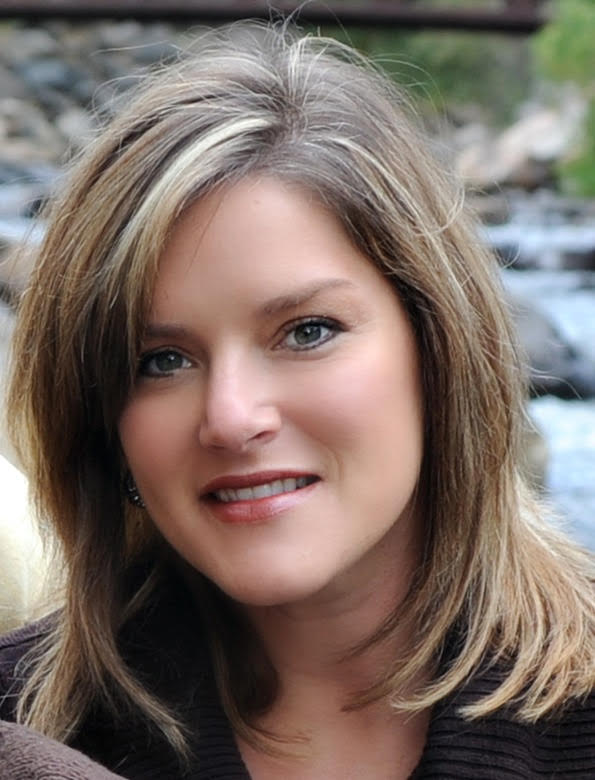
 Dr. Linda Elder
Dr. Linda Elder Dr. Linda Elder is an educational psychologist and a prominent authority on critical thinking. She is President and Senior Fellow at the Foundation for Critical Thinking. Dr. Elder has taught psychology and critical thinking at the college level, and has given presentations to more than 50,000 educators. She has coauthored four books and 24 Thinker's Guides on critical thinking. Concerned with understanding and illuminating the relationship between thinking and affect, and the barriers to critical thinking, Dr. Elder has placed these issues at the center of her thinking and her work.
 Dr. Gerald Nosich
Dr. Gerald Nosich Dr. Gerald Nosich is an authority on critical thinking and Senior Fellow at the Foundation for Critical Thinking; he has given more than 150 national and international workshops on the subject. He has worked with the U.S. Department of Education on a project for the National Assessment of Higher Order Thinking skills, has served as the Assistant Director of the Center for Critical Thinking, and has been featured as a Noted Scholar at the University of British Columbia. He is Professor Emeritus at SUNY Buffalo State and the University of New Orleans. and the author of two books, including Learning to Think Things Through: A Guide to Critical Thinking Across the Curriculum.
 Dr. Brian Barnes
Dr. Brian Barnes Dr. Brian Barnes holds a Ph.D. in Interdisciplinary Humanities and an MA in Philosophy from the University of Louisville. Barnes is a veteran of the US Army, along with other non-academic careers, and currently teaches face-to-face and online classes at several universities in traditional philosophy topics, along with courses in sustainability, critical thinking, and Japanese sword practice. He has co-authored articles examining critical thinking strategies and tactics for the National Teaching and Learning Forum and is the author of the textbook, The Central Question: Critical Engagement with Business Ethics (2013). Barnes co-hosts the weekly radio show, Critical Thinking for Everyone!, on 106.5 Forward Radio in Louisville, and he also created the critical thinking comic book series, Adventures in Critical Thinking. Dr. Barnes is a Scholar of the Foundation for Critical Thinking, and was a direct student of Dr. Richard Paul.
 Ms. Carmen Polka
Ms. Carmen Polka Carmen Polka has worked diligently to infuse critical thinking into her classroom instruction, curriculum, and assessment for more than fifteen years. Focused on transforming education through implementation of quality instructional practices, Ms. Polka instigated and co-authored the writing of the Colorado Academic State Standards targeting research and reasoning based on the Paul-Elder framework. As a leader and critical thinking expert in her district, she led professional development and coached K-12 teachers to effectively utilize the Paulian theory. Ms. Polka is a Doctoral candidate in the Educational Leadership and Policy Studies program at the University of Northern Colorado. In addition, she is a licensed principal, elementary teacher, and K-12 Special Education teacher.